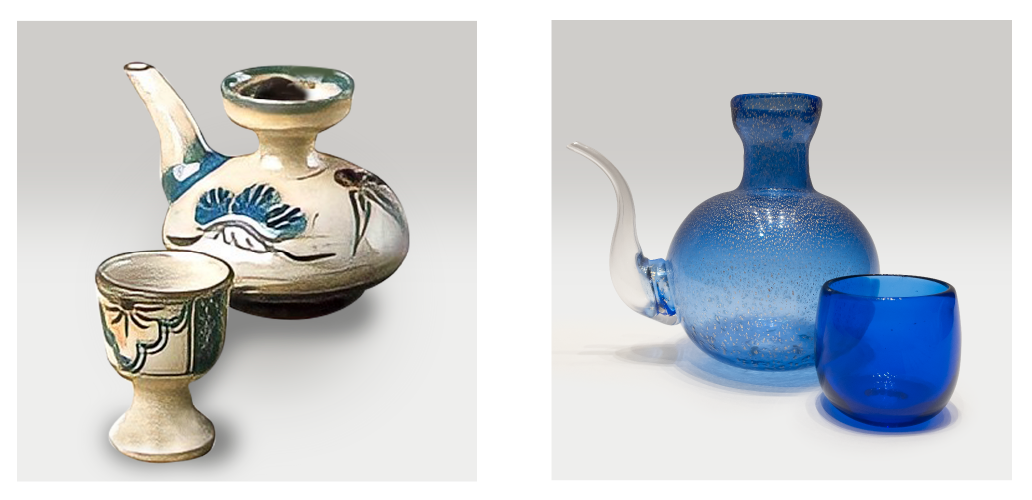Okinawa Prefecture is a collection of 160 islands located at the southernmost tip of Japan. Ryukyu is the old name of Okinawa dating back to the Ryukyu Kingdom (1429-1879) when Okinawa was a sovereign state. The capital city Naha is located about 1500 km southwest of Tokyo, approximately 3 hours away by plane. Due to its geographical proximity to Taiwan, China, the Philippines, and Korea, Okinawa flourished in trade during the Ryukyu Kingdom era.
Today, Okinawa is one of the most popular tourist destinations in Japan thanks to its warm climate, aqua blue oceans, and unique culture. Local drinking experiences are often accompanied by uplifting traditional music and dance, making it joyous and memorable.













